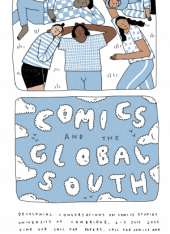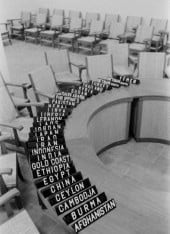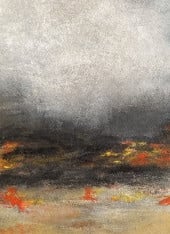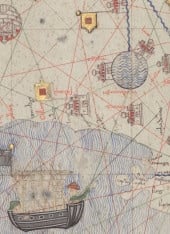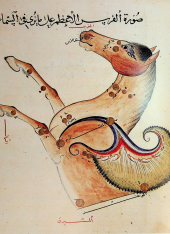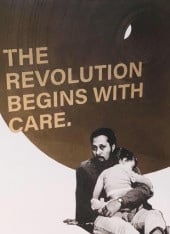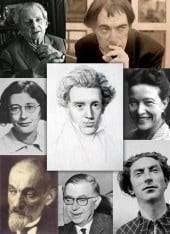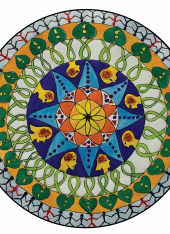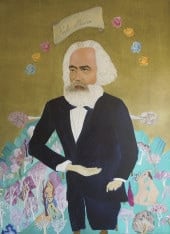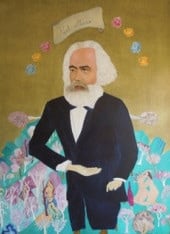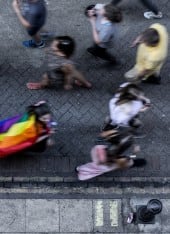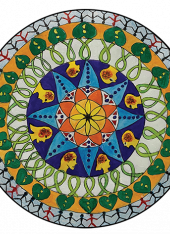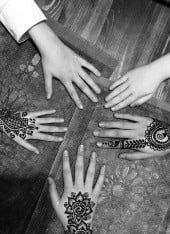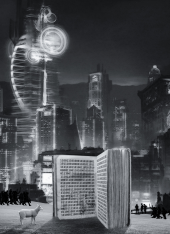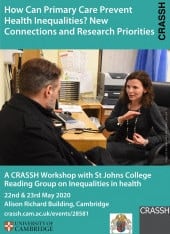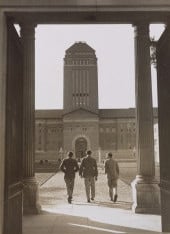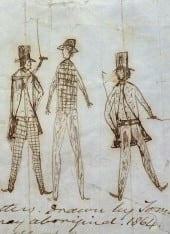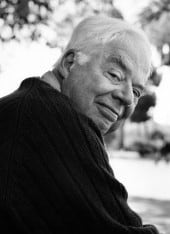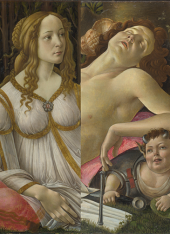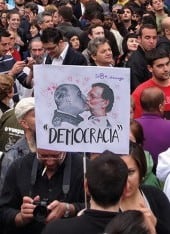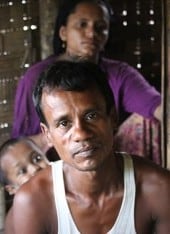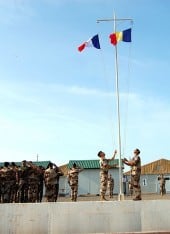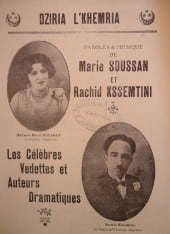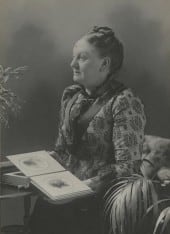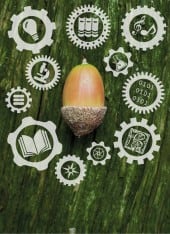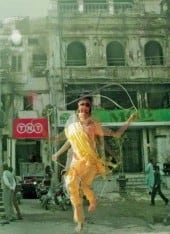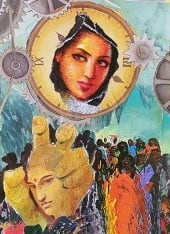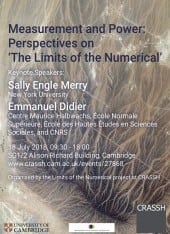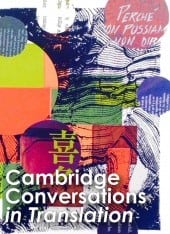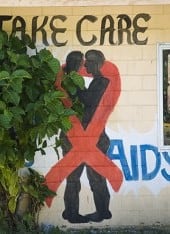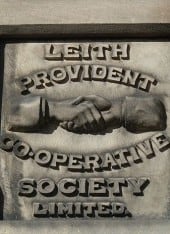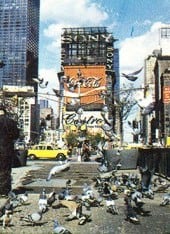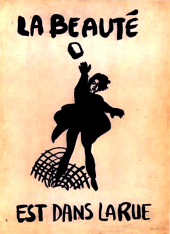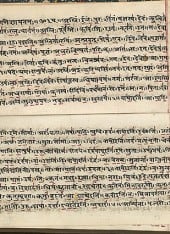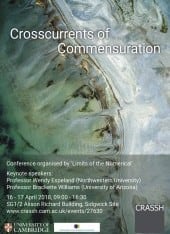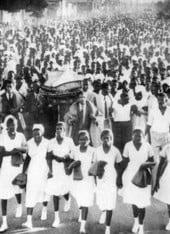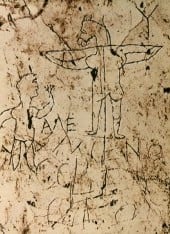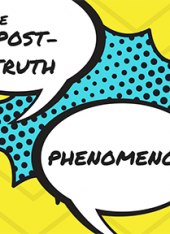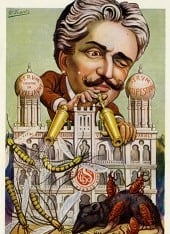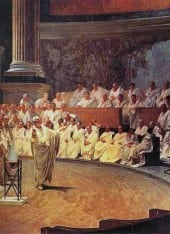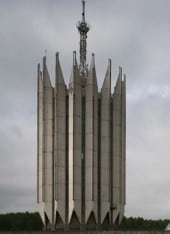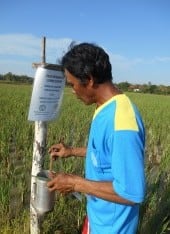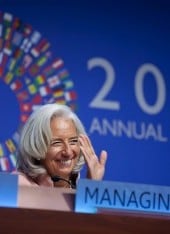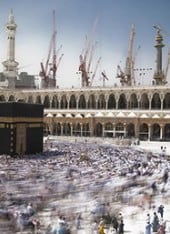Sign up to the CRASSH Newsletter for more information and updates on this conference.
Please be aware this conference is taking place in 2022 and the programme is in development
Lead Convenor
Kenny Monrose
Co-Convenors
Joseph Cotton
Speakers include:
Joy White (University of Bedford)
Levi Tafari (Charles University)
H Patton (Canterbury Christ Church)
Michael Macmillan (University of the Arts London)
William 'Lez' Henry (University of West London)
Colin Grant (Author)
Martin Glynn (Birmingham City University)
Paul Gilroy (University College London)
Dennis Bovell (Record Producer and Musician)
Gabriella Beckles-Raymond (Independent Researcher)
Robert Beckford (Canterbury Christ Church University)
Kehinde Andrews (Birmingham City University)
Summary
A nation whose sense of history is derived from the history of the struggle of its people mostly non-literate and without formal historians of their own, must boldly enter into its unwritten, invisible record the oral traditions, the collective memory of the people in order to truly reveal what in fact has been achieved.
– Kamau Braithwaite
This pathbreaking conference will explore what it really means to be black in Britain, providing a space for leading black commentators to address a range of core themes including identity, belonging, recognition and resistance.
This event will host leading academics, performers and commentators to chronicle the muted and thorny legacy of race relations in the UK, and the manner in which the Post-Windrush generation have tirelessly fought for recognition, from Thatcherism to Brexit and beyond.
As well as academic enquiry, performative art will lie at the core of this event, as performance has acted a mechanism by which members of the Post-Windrush generation have negotiated multiple layers of discrimination in order to establish a foothold within British society.
The conference opens with an audio-visual journey of New Commonwealth migration to Britain with the arrival of the Empire Windrush in 1948, and will highlight many of the hidden struggles for equal rights and social justice, including the recent very public scandals that have shamed this Government by exposing how whiteness is used to militate against black people. The impact of black contributions to what is now regarded as contemporary British lifestyles and culture, beyond the realms of entertainment and fashion will also be debated in tandem with the ongoing effect of colonialism and imperialism on black life in Britain.
The second day of the conference introduces poets, writers, musicians and choreographers to examine migrant memory and resistance through performance, and how black people have used adapted modes creative expression as a tool of resistance and to strengthen the struggle for social and racial justice during the 70s and early 80s. This will also underscore how art is currently experiencing a renaissance and prompting new questioning and positioning globally, by speaking truth to power.
The aim of this conference is to both reveal how contributors have negotiated racism and racialisation through turbulent political periods, and the personal impact of these forces, but also to celebrate identity and resistance, and in doing so provide a cultural uplift that will impel the event to be exciting and engaging for both academics and non-academics alike.
Supported by:

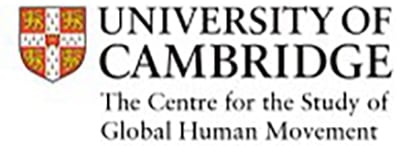




If you have any specific accessibility needs for this event please get in touch. We will do our best to accommodate any requests.
Conference assistance: conferences@crassh.cam.ac.uk


